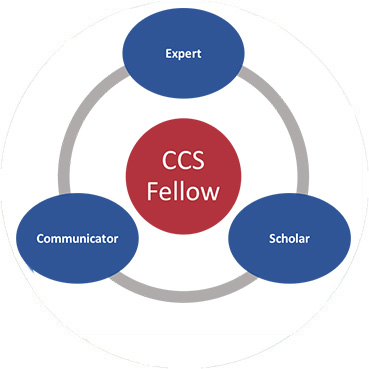.(JavaScript must be enabled to view this email address)
About Us
Mission & Objectives
Mission: To promote, advance and maintain expertise in chiropractic management of neuromusculoskeletal disorders. To qualify and certify clinical specialists in chiropractic.
Objective: The College of Chiropractic Sciences’ fellow is a clinical specialist with expertise in the chiropractic management of neuromusculoskeletal disorders.

